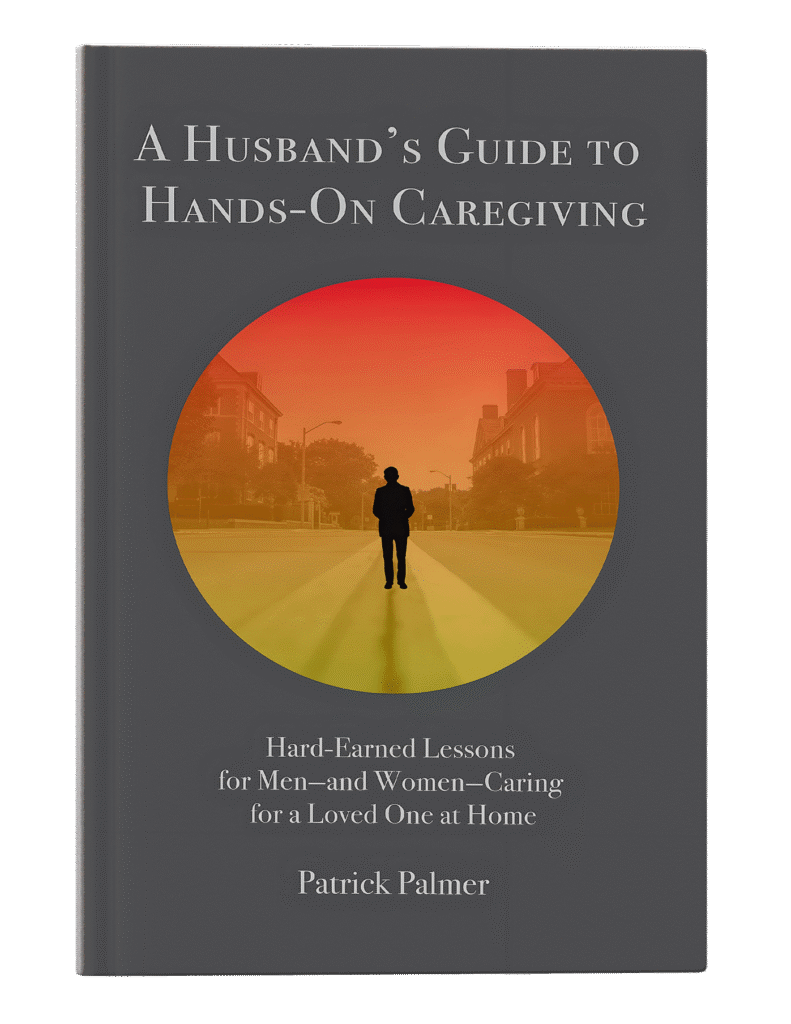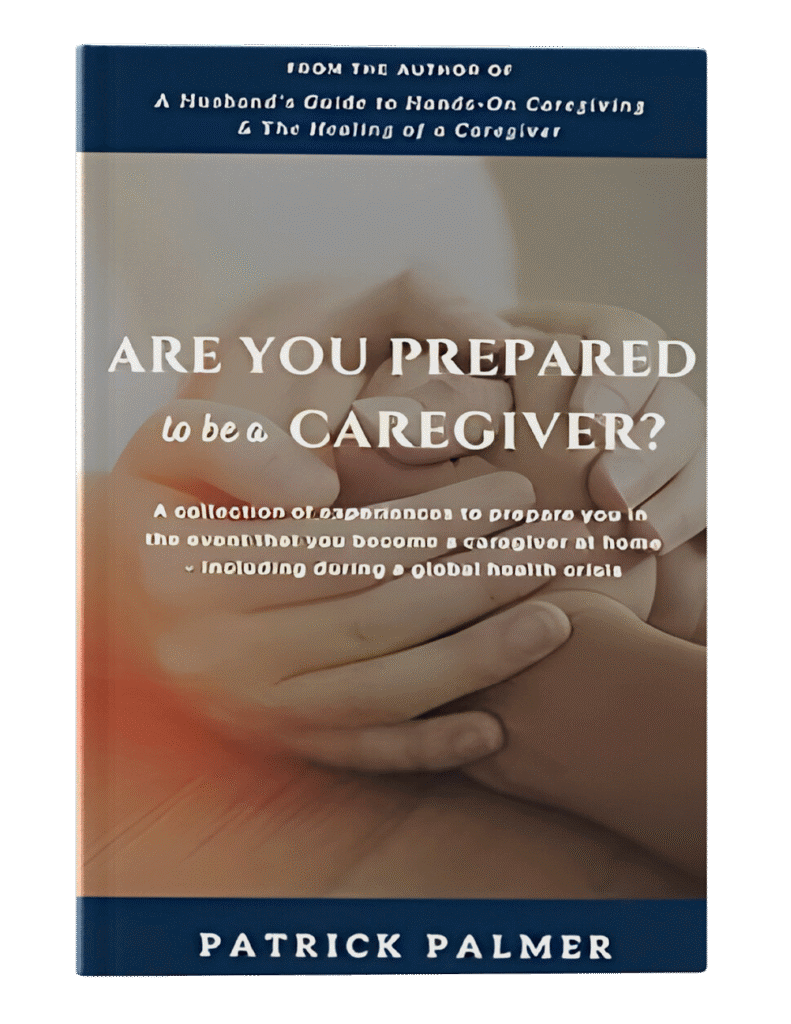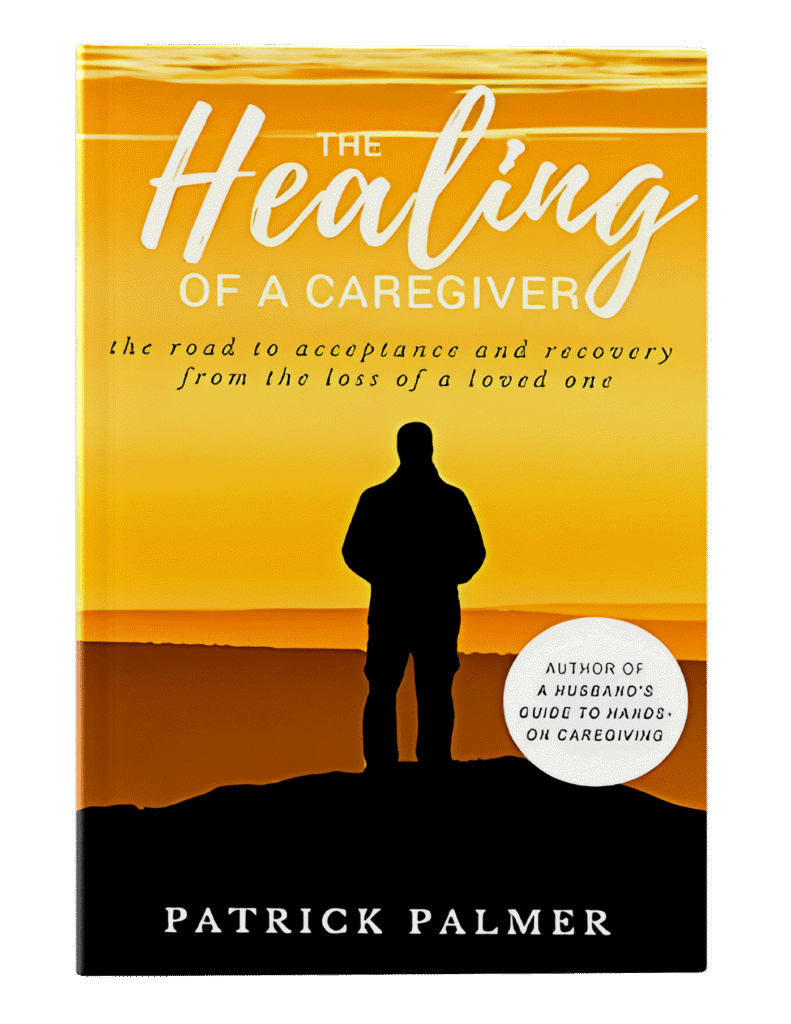Can a Caregiver Inherit a House? Legal Insights You Should Know

Can a caregiver inherit a house? It’s a question that often arises when someone devotes years to caring for another person. While the idea of inheriting the home of the one you care for may seem straightforward, the reality is far more complex. Inheritance laws vary by state and depend on factors such as the relationship between the caregiver and the homeowner, as well as the existence of a valid will or estate plan.
Can a Caregiver Legally Inherit Property?
Yes, a caregiver can inherit the house, but that largely depends on the nature of their legal relationship with the homeowner.
In the case of spousal caregivers, the law is usually straightforward. In most states, the surviving spouse generally has legal rights to inherit a share of the deceased partner’s estate with or without a will.
Caregivers that are family members, such as adult children or grandchildren, may inherit if the homeowner left a valid will or trust. Without clear estate planning, inheritance goes through probate, where state intestacy laws decide who receives the property.
For non-family caregivers, the path is more complicated:
Friends, neighbors, or unrelated individuals usually cannot inherit anything unless they are specifically named in the will.
Professional caregivers, especially those paid for their services, generally cannot inherit a house solely based on their role unless the homeowner deliberately included them in a legally binding estate plan.
In short, can a caregiver inherit a house? Yes, but only under the right legal circumstances.
The Role of Wills and Testamentary Intent in Caregiver Inheritance

A valid will is often the most straightforward way to determine if a caregiver can inherit a house. In estate law, this centers around what’s known as testamentary intent, the clear intention of a person (the testator) to distribute their property upon death in a specific way.
When a homeowner includes a caregiver in their will, that intent is legally binding, provided the will meets state requirements. These typically include:
The will being signed and dated.
The testator is of sound mind at the time of writing.
Witnesses (usually two) being present during the signing.
Generally, any will made specifically stating the bequeathing of the house to the caregiver, whether spouse, family member, or other personal attachments, would be cited in the probate court.
What Happens if There Is No Will?
When the homeowner dies intestate, without making a will, the state laws determine how to disseminate the deceased’s property. Under these laws, whether or not a caregiver inherits a house is based on their legal relationship with the deceased.
Intestacy laws vary by state but generally follow a similar pattern:
Spouses are the first in line as direct heirs to any estate, often receiving all or most of the estate.
In the absence of the surviving spouse, children and grandchildren will divide the estate among themselves.
Where there is neither spouse nor descendants, other relatives, such as parents and siblings, nieces and nephews, may inherit.
If a caregiver is not family, for instance, a friend, neighbor, or paid aide, then these laws dictate that they have no right to the inheritance of the house or property.
How State Laws Affect a Caregiver’s Right to Inherit Property
There are different laws in different states that define legal heirs and the distribution of properties, including rights of the caregiver. Some of these laws are:
Community Property vs. Common Law States
In community property states (e.g., California, Texas, Arizona), spouses automatically own half of all marital property, including homes acquired during marriage. A surviving spouse inherits the deceased spouse’s share without probate.
In common law states, ownership depends on the title. A surviving spouse may need probate unless named in a will or deed.
Intestate Succession Rules
These laws apply when a person dies without a will. States follow a hierarchy of heirs: spouse, children, grandchildren, then parents or siblings. Non-family caregivers cannot inherit unless named in an estate plan.
Elective Share Laws
Some states have laws that allow the living spouse, even if disinherited by the will, to take some piece of the estate. This is protective to spouses within the marriage but does not protect the caregiver not being married.
Caretaker Anti-Fraud Laws
Many states enforce rules to prevent undue influence, especially where caregivers are left significant property. For example, under the California Probate Code Section 21380, gifts to a paid caregiver are presumed invalid unless shown that they were legitimate.
Transfer-on-Death (TOD) Deeds
Some states allow homeowners to designate a beneficiary and transfer a house to him or her directly outside probate using a Transfer-on-Death deed. Only if recorded before the owner’s death is the deed enforceable.
So, can a caregiver inherit a house? Yes, but only if state laws support their claim or, more securely, if the homeowner proactively plans for it through legal documents.
Risks of Undue Influence and Legal Challenges
Undue influence occurs when someone, such as a caregiver, exploits their position of power or trust to convince a homeowner to make decisions they wouldn’t have otherwise made. This could involve:
Pressuring a homeowner to change their will or estate plan.
Using emotional or physical manipulation to influence property distribution.
Isolating the homeowner from family members to gain control over their decisions.
Undue influence leads to a will contest, probate dispute regarding a will, and challenge of a gift. For instance, a gift to a paid caregiver is presumed invalid unless proven otherwise in California. In some extreme cases, the caregiver may face prosecution for exploitation or fraud.
How to Protect the Caregiver’s Inheritance
The essence of a caregiver’s inheritance is the protection thereof, free from legal disputes or challenges by other family members. Steps that can be taken to protect a caregiver’s inheritance are discussed below:
Draft a clear and full will stipulating the name of the caregiver as a beneficiary in what, by law, would constitute an enforceable document.
Consider a trust; a revocable living trust would pass property to the caregiver across probate after the caregiver’s lifetime.
Create Transfer-On-Death (TOD) Deeds for a beneficiary who would receive real property, thereby ensuring its direct passage to the caregiver without probate.
Include a no-contest clause to discourage heirs from contesting the estate plan with the risk of losing their inheritance.
Guard against potential undue influence by documenting the caregiving relationship that details the caregiver’s role and contributions.
Enlist an estate planning attorney to make certain that the homeowner’s wishes are enforceable and documented properly.
Conclusion
Finally, can a caregiver inherit a house? In principle, yes but the nature of getting there rests fairly heavily upon estate planning and the legal relationship between the caregiver and the homeowner.
For insights into caregiving and estate planning, Patrick Palmer, a caregiver, author, and cancer research advocate, offers valuable resources. Patrick cared for his late wife, Angela, through her six-year ordeal with terminal cancer, and he draws from this personal experience in his writings. His books will give caregivers practical information and emotional support through hurdles that could appear manifold and confusing. To learn more or order his books, visit here




